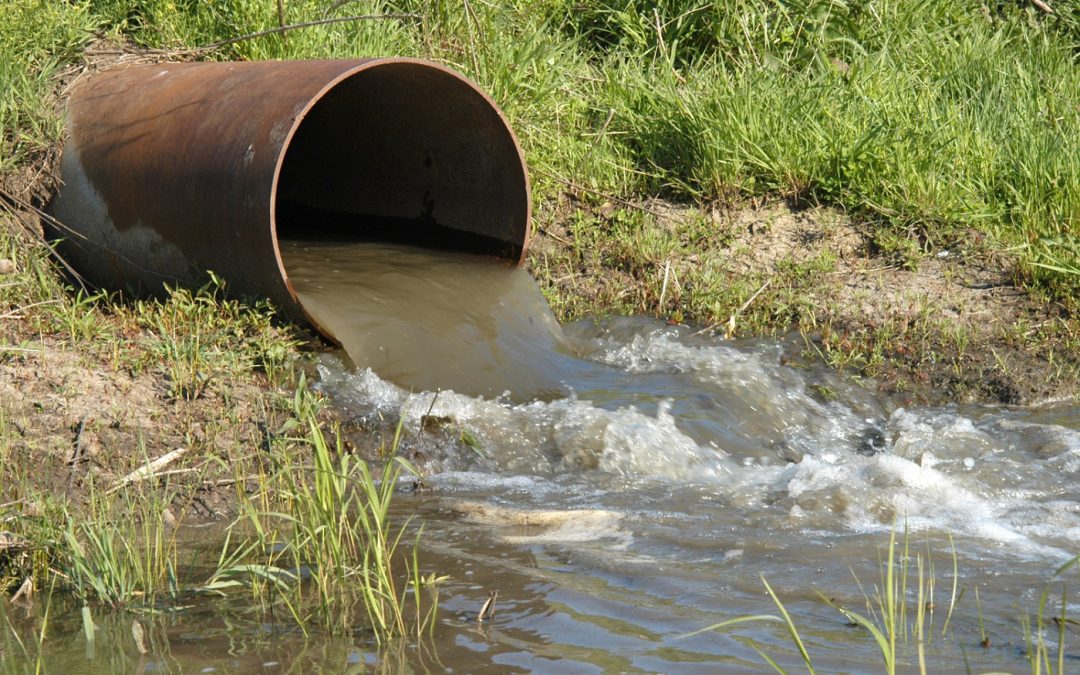Lebanon’s sewage system has long been a major environmental concern for the country. Poor infrastructure and inadequate maintenance have led to significant health risks and environmental degradation. In this article, we will explore the challenges of Lebanon’s sewage system and the consequences of its failure.
Challenges of Lebanon’s Sewage System
Lebanon’s sewage system faces several challenges, including inadequate infrastructure, poor maintenance, and insufficient funding. Many of the country’s sewage treatment plants are outdated and require significant investment to upgrade or replace. Additionally, there is a lack of regulation and enforcement of environmental laws, which has allowed many industries and municipalities to discharge untreated wastewater into rivers and the sea.
Consequences of a Failing Sewage System
The failure of Lebanon’s sewage system has significant health and environmental consequences. Raw sewage can contain harmful bacteria, viruses, and parasites that can cause a range of illnesses, from gastroenteritis to hepatitis A. The spread of waterborne diseases can be particularly dangerous in densely populated urban areas.
In addition to health risks, the discharge of untreated wastewater can cause significant environmental damage. Sewage can contaminate rivers and the sea, harming aquatic life and disrupting ecosystems. The buildup of organic matter can also deplete oxygen levels in the water, creating dead zones where marine life cannot survive.
Addressing Lebanon’s Sewage System
Addressing Lebanon’s sewage system requires a multifaceted approach that includes investment in infrastructure, regulation and enforcement, and public awareness campaigns. Improving infrastructure and upgrading sewage treatment plants is essential to ensure that wastewater is treated before being discharged into the environment. Regulating industrial and municipal discharges and enforcing environmental laws can help reduce the amount of untreated wastewater entering rivers and the sea.
Public awareness campaigns can also play an important role in addressing the country’s sewage system. Educating the public about the importance of proper disposal of household waste, conserving water, and protecting the environment can help reduce the amount of pollution entering the sewage system.
Conclusion
Lebanon’s failing sewage system is a significant environmental and health concern that requires urgent attention. Investment in infrastructure, regulation and enforcement, and public awareness campaigns can help address the challenges of the sewage system and reduce the impact of pollution on public health and the environment. It is essential that the government and the public take action to protect the country’s natural resources and ensure a healthy and sustainable future for all.

